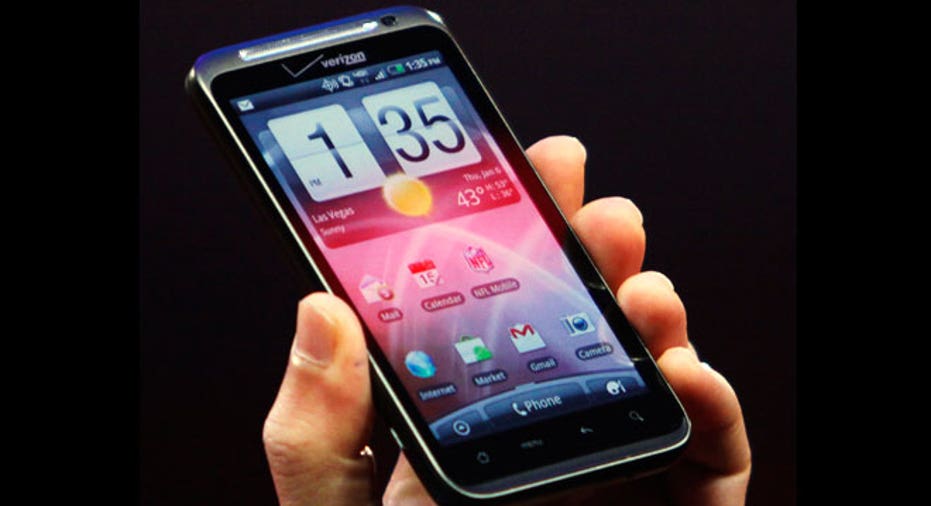HTC: Where Innovation Is Bought (And That’s a Good Thing)

HTC’s is the Cinderella story of the mobile market — they’ve gone from low-key provider of Windows Mobile hardware to Android-powered smartphone titan within the span of just a few years.
Impressive as that is, HTC has done much more than just push out smartphones. In the past year alone, HTC has inked big deals with Beats Audio, Dropbox, and LogMeIn, with rumors of a potentially final MOG acquisition swirling around to boot. It’s pretty clear what HTC is trying to do here: they’re trying to buy an entire ecosystem for their devices, and frankly, good on them for it.
The Android end of the smartphone spectrum has always struck me as a bit more cut-throat than the rest. While Apple is content to churn out one new smartphone a year, and most Windows Phones feel very similar in use, players like HTC, Samsung, and Motorola have continually pushed out Android devices to meet every desire and fit every niche.
It’s not always the best practice though, and some of these companies are starting to realize it. HTC announced late last year that they would focus their new smartphone efforts around a smaller number of “hero devices,” and Motorola CEO Sanjay Jha announced they would be paring down their smartphone portfolio shortly afterward.
But great hardware is only ever part of the equation. The experience that users have with those devices is what really has the potential to turn them into manufacturer devotees, and rather than sink gobs of time, money, and manpower into building out an ecosystem around their devices, HTC is wisely letting their checkbook do the talking with their high-profile partners.
TechCrunch has covered the Beats Audio and Dropbox deals in the past, but the recently announced LogMeIn partnership strikes me as particularly savvy. Going forward, HTC devices will have a “LogMeIn Rescue applet” installed (that is, if the device’s carrier gives them their blessing) that will allow their HTC tech support to remotely access and diagnostic a smartphone’s particular woes. With this in place, HTC seeks to establish themselves not only as the creators of great hardware, but your supportive partner if things go unfortunately awry.
At first glance, the MOG deal seems puzzling — the Google Play Store has within it a perfectly usable music portal after all. But if MOG indeed becomes part of the company’s Beats Audio division, then Beats Audio becomes more than a fancy badge and a special audio profile on a phone. It could become the music hub of choice for HTC users; why buy a track for $1.29 a song when you can access 14 million songs with one touch? And if HTC can whip up a smart pricing model (or give it away for free like all that extra Dropbox storage), well, that’s one more reason to buy an HTC phone over all the others.
It may seem a bit lazy of HTC to ink deals with these companies rather than work up their own solutions, but let’s not forget that they’ve tried in the past. Anyone remember the HTC Watch service, which allowed users to stream movie directly to their handsets? It never seemed to pick up much traction on its own, but these new strategic deals together make for a compelling argument to buy HTC. I imagine that they’ll want customers to come for the solid hardware, and stay for all of the benefits that HTC users are (or will be) privy to. That, more than anything else, is what will turn regular customers to dyed-in-the-wool fans and it never hurts to have a few more of those.
This content was originally published on Tech Crunch.




















